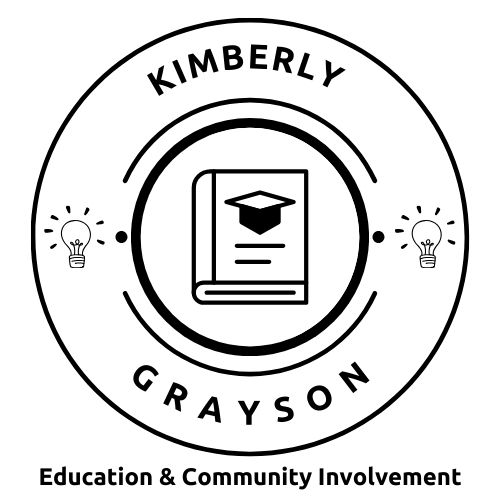
Celebrating Neurodiversity: Supporting Students with Learning Differences
Neurodiversity is a concept that recognizes and celebrates the natural variation in human cognition and neurological functioning. It encompasses a wide range of neurological differences, including autism, ADHD, dyslexia, and other learning disabilities.

Addressing Implicit Bias in Education: Strategies for Educators
Implicit bias, also known as unconscious bias, refers to the attitudes and stereotypes that unconsciously influence our judgments and actions towards others. While these biases may be unintentional, they can have significant consequences, particularly in educational settings where educators’ perceptions can impact students’ academic experiences and outcomes.

Empowering Student Voices: Strategies for Fostering Inclusive Classroom Discussions
Inclusive classroom discussions are more than just opportunities for students to share their thoughts and ideas; they are essential to a dynamic and engaging learning environment. Educators can create classrooms where every student feels valued, respected, and heard by empowering student voices and promoting diverse perspectives
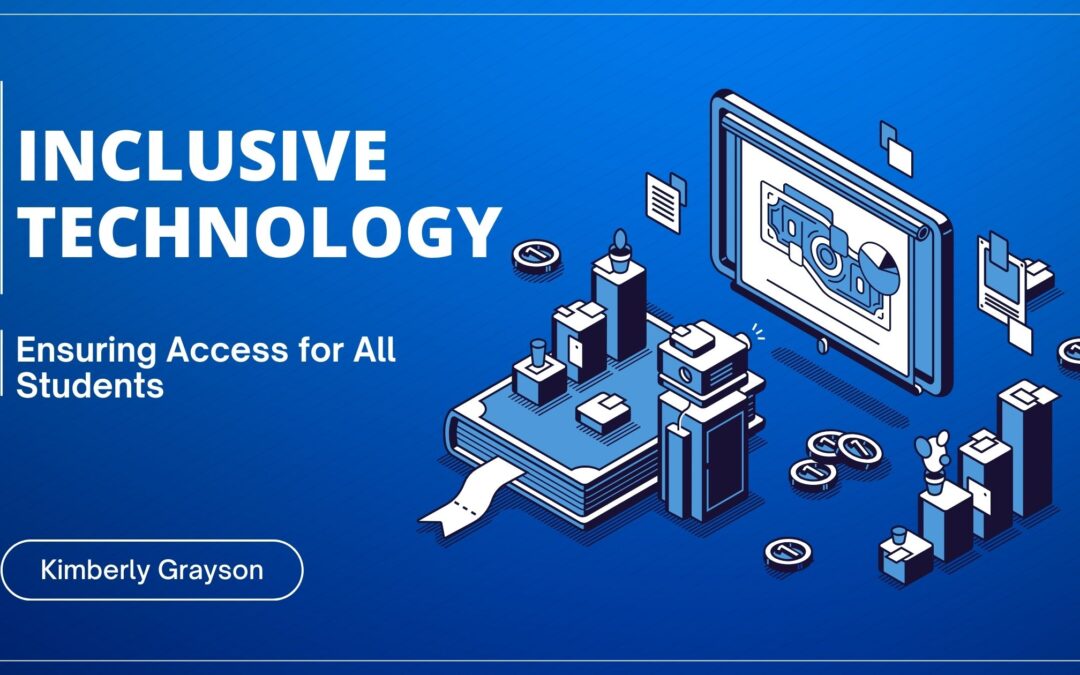
Inclusive Technology: Ensuring Access for All Students
Inclusive technology seeks to address this challenge by designing and implementing technologies that are accessible and usable by all students, thereby promoting equity and inclusion in education.
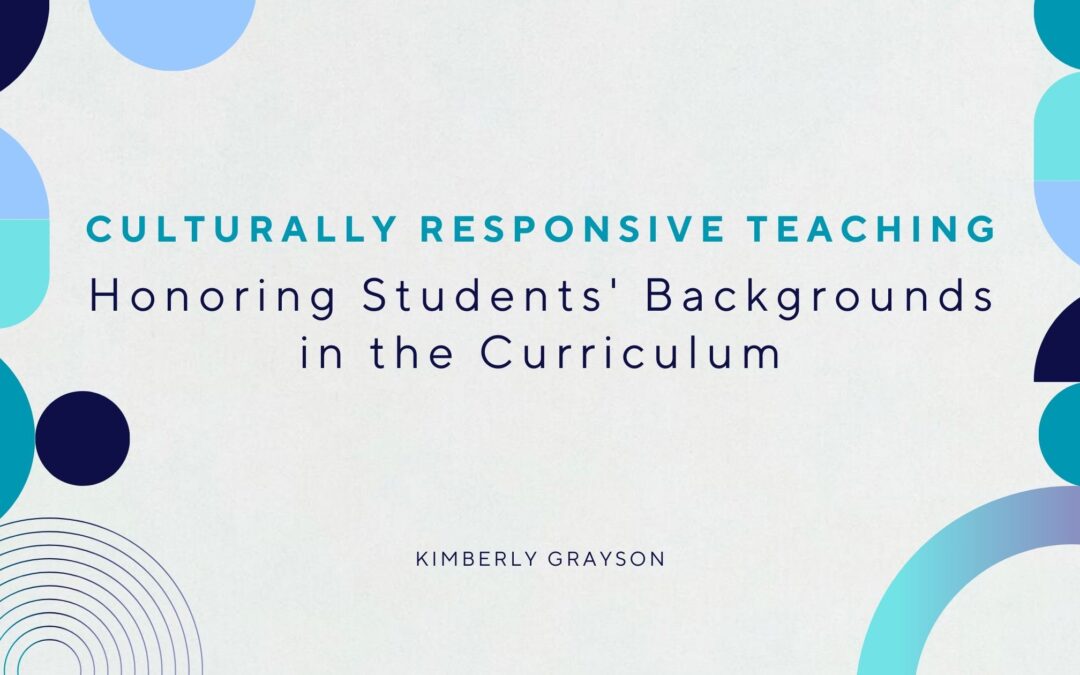
Culturally Responsive Teaching: Honoring Students’ Backgrounds in the Curriculum
Culturally responsive teaching (CRT) recognizes the importance of honoring and valuing students’ diverse cultural identities in the curriculum. Educators can create more inclusive and engaging learning experiences that promote academic achievement and cultural competence by incorporating students’ cultural backgrounds into instruction.
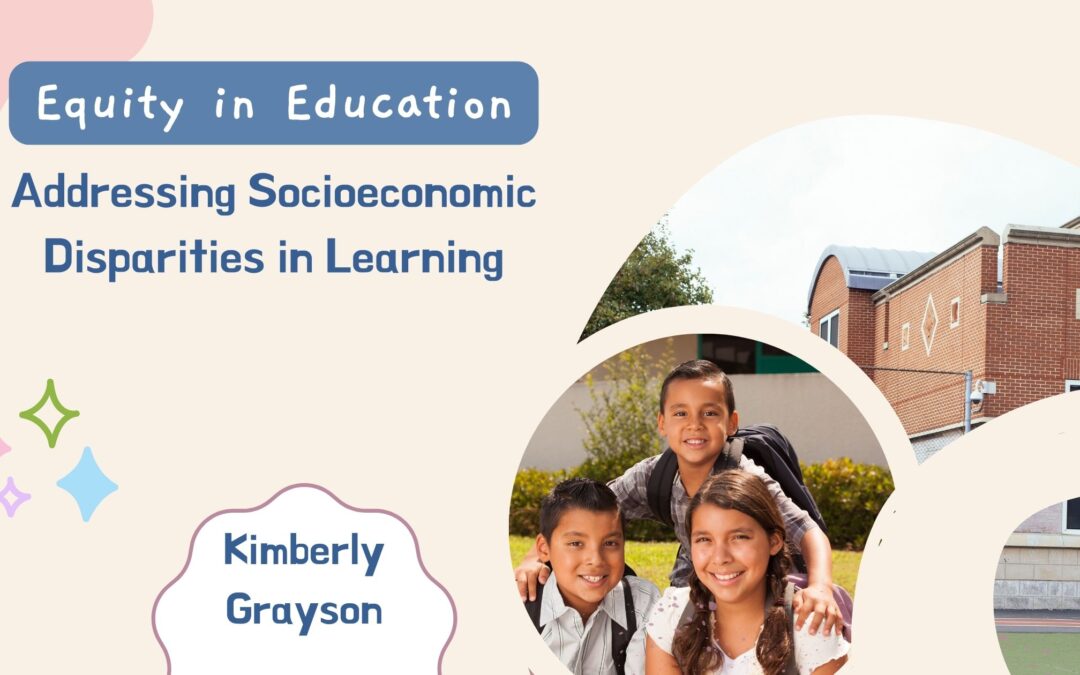
Equity in Education: Addressing Socioeconomic Disparities in Learning
Education is often hailed as the great equalizer, offering opportunities for individuals to achieve their full potential regardless of their background. However, socioeconomic disparities in access to quality education persist, perpetuating cycles of inequality and hindering social mobility. Addressing these disparities is essential for creating equity in education where every student has the opportunity to succeed.

Beyond the Binary: Embracing Gender Diversity in Education
In recent years, there has been a growing recognition of the limitations of the traditional gender binary and the importance of embracing gender diversity in all aspects of society, including education. Schools play a crucial role in shaping young minds and attitudes, making it essential to create inclusive environments where students of all gender identities feel safe, respected, and supported.
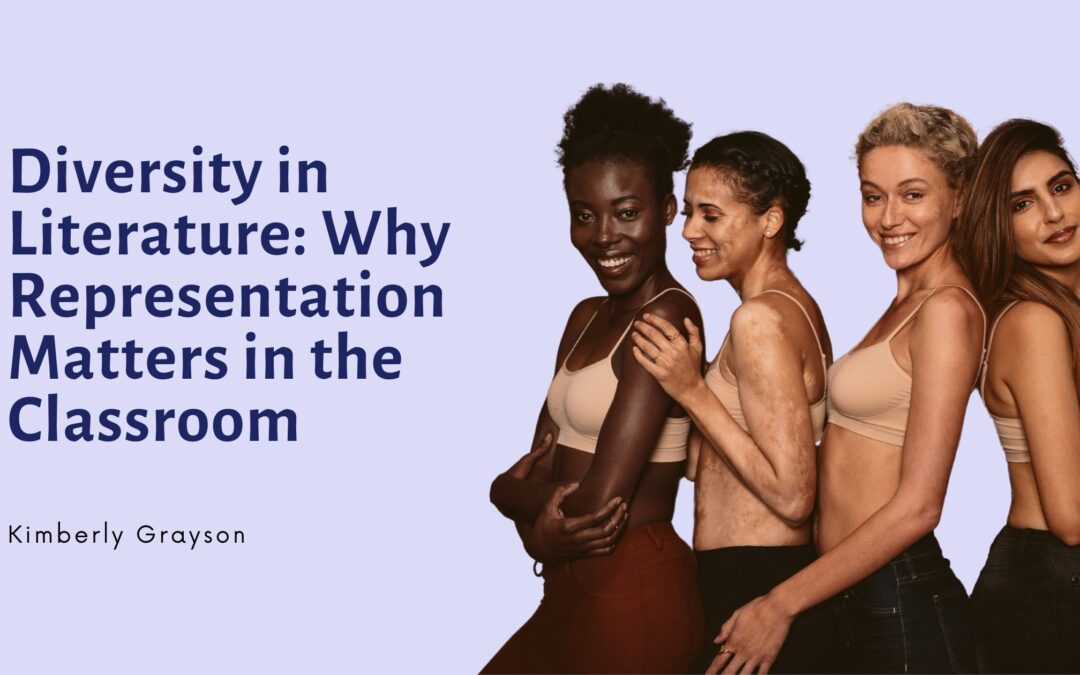
Diversity in Literature: Why Representation Matters in the Classroom
Literature can shape our perceptions, broaden our horizons, and foster empathy. However, for far too long, the voices and experiences of marginalized communities have been underrepresented or misrepresented in the books taught in classrooms. Recognizing the importance of diversity in literature is crucial for creating inclusive learning environments where all students feel seen, heard, and valued.
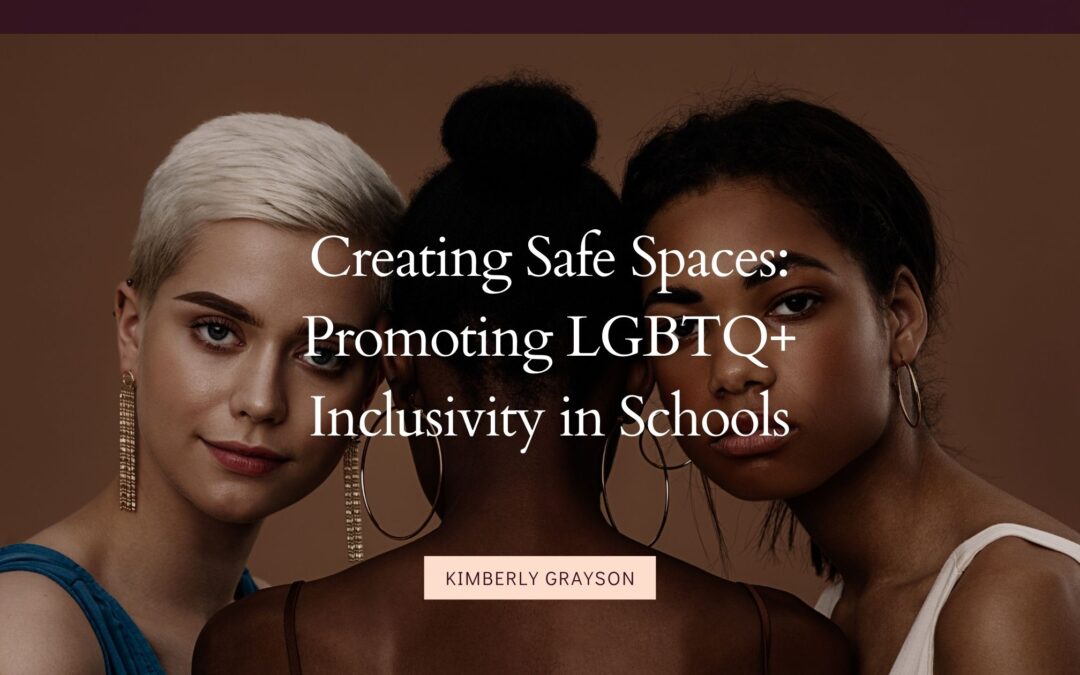
Creating Safe Spaces: Promoting LGBTQ+ Inclusivity in Schools
In recent years, there has been a growing recognition of the importance of creating safe and inclusive environments for LGBTQ+ individuals, especially within educational settings. Schools play a crucial role in shaping the attitudes and behaviors of young people, making it imperative to promote LGBTQ+ inclusivity to ensure the well-being and success of all students.

The Power of Inclusive Education: Breaking Down Barriers for Students with Disabilities
Inclusive education is more than just a buzzword; it’s a philosophy that transforms lives and societies. It’s about ensuring that every student, regardless of ability or disability, has access to quality education in mainstream classrooms. Inclusive education not only benefits students with disabilities but also enriches the educational experience for all learners, fostering empathy, understanding, and a sense of community.
